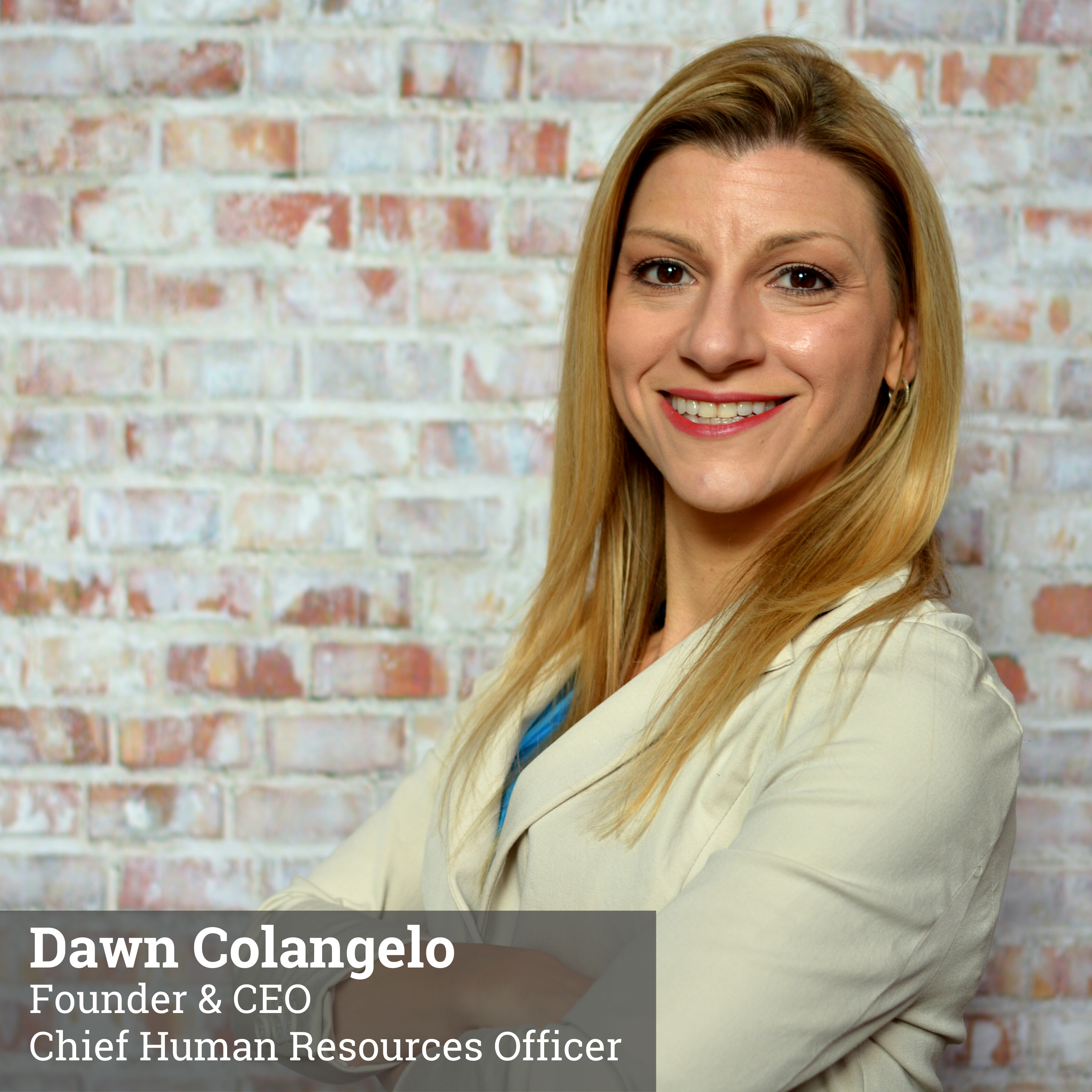Over the years, numerous HR apps have become available to help businesses operate efficiently. Generally these apps label themselves “HR” in the title or tag line, but only offer assistance for a small piece of HR. This type of false advertising will convince small businesses that they don’t need HR people because they have an app for that. This is not true!
HR is not just payroll, timekeeping, recruiting, or benefits that can be completely handled by an app. Furthermore, utilizing one or even all of these kinds of apps will not eliminate the need for a knowledgeable Human Resources professional.
What do HR apps do?
- Record keeping and reporting – The majority of these apps can easily file and organize information for you. It can also help pull reports. Again, it is usually only for one specific area of HR. For example, a payroll app will gather and file W-4 forms, direct deposit info, and possibly timekeeping (or at least integrate with your timekeeping app).
- Integrate with others apps – If you have to use multiple apps, at least some will integrate with others. For example, a benefits app can integrate with your payroll app so you can make proper deductions or track paid time off.
- Handle payroll taxes – This is so appealing and easy when taxes are figured out for you.
- Make recruiting simpler – There are a few great apps to choose from here. At the very least, they offer a way to post job openings, review applications/resumes, and organize the recruiting process. Again, glorified record keeping.
What’s the problem?
The use of these apps give small businesses the false notion that they don’t need to hire or consult with an HR professional. The process seems so easy that anyone can do it. This is false!
- The apps are only as good as the information that is placed in them. Apps do not see the big picture, nor do they evaluate risks. For example, you add a 1099/contractor into your payroll system to be paid as 1099/contractor. Great, the app takes care of that! But it does not let you know that this person really should be classified as an employee with payroll taxes deducted.
- These apps do not provide expert knowledge or strategy. They cannot evaluate your company’s operations and/or needs, nor can they verify your decisions are compliant or of best practice in a given situation. For example, you pay your Admin a salary below the overtime exempt threshold. This means you are liable to pay them overtime, but you are not doing so. The app doesn’t care about that.
- Cookie cutter policy apps fall short. Policies and procedures must be company specific. Therefore, a general policy or handbook must always be reviewed and revised anyway. The only sure things, are the standard rules and regulations your business is subject to (as long as the information is guaranteed to be current). For example, an equal employment opportunity statement or harassment policy.
- There is no personal touch. The app will not handle interviews, leadership training, company functions, incentives, workforce planning, nor those employee issues that turn up from time to time. All of these functions will then be placed on the managers who sometimes do not have time, patience, or training to handle these tasks.
- There is no planning and execution. Apps can’t think, plan, and execute set strategies. We still need knowledgeable, forward thinkers to do that.
Final thoughts:
The important thing to remember is that these apps do not take away the HR function, but make it quicker and more efficient to get things done. They do not eliminate the recruiter who still needs to source, interview, and hire the right employee; they do not eliminate the payroll processer who still has to input information, manage the system, and make sure people are paid; and they do not eliminate the HR professionals who handle complaints, set policies and procedures, train leaders, develop a benefits package, and ensure the company is compliant.
As a small business, you most likely do not need a whole HR department. However, it is false to think that your applications are completely replacing these functions. Good HR practices do not come from an app. They come from strategic, forward thinking experts who understand your business and make all that people focused stuff work for you! The apps provide these individuals with the best tools to do the job.

